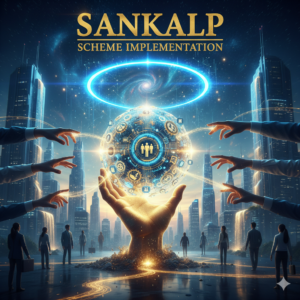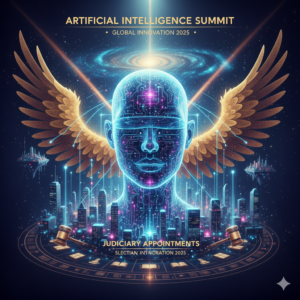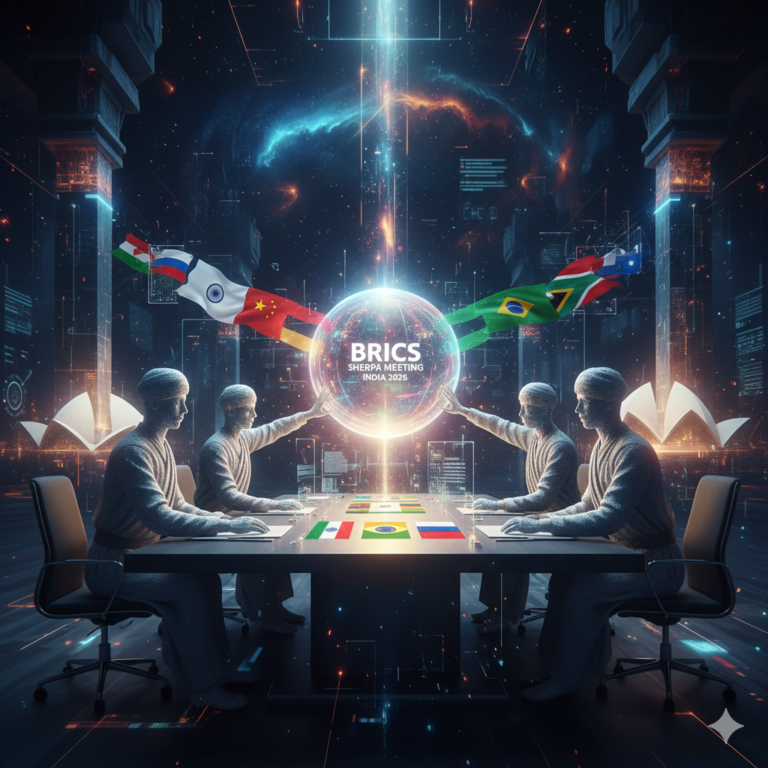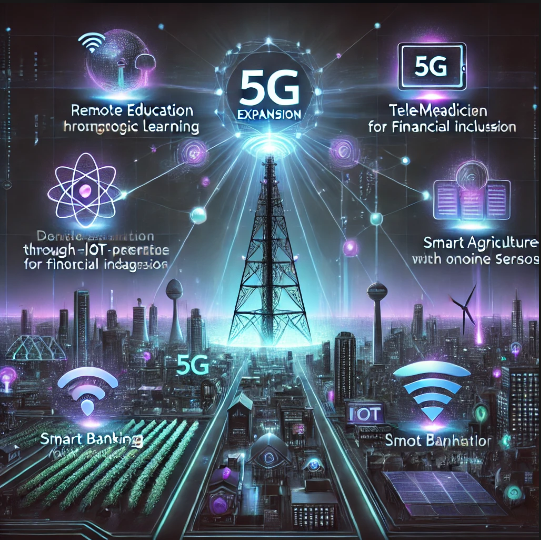
New Alliances and Power Structures After the Second World War
The end of the World War II in 1945 marked a decisive turning point in…
Empowering Minds, Shaping Futures

The end of the World War II in 1945 marked a decisive turning point in…

The World War I (1914–1918) was one of the most destructive conflicts in human history….

The American Revolution (1775–1783) was not merely a colonial rebellion against British authority; it was…

The Russian Revolution of 1917 stands as one of the most transformative events of the…

Introduction The Industrial Revolution was a turning point in global history. Beginning in late 18th-century…

Introduction The French Revolution (1789–1799) stands as one of the most transformative events in world…

Introduction Global diplomacy is witnessing the emergence of new platforms that operate alongside, and sometimes…

Introduction India stands at a crucial demographic juncture. With one of the world’s youngest populations,…

Why GPUs Are at the Centre of the Technology Revolution In recent years, Graphics Processing…

Introduction Artificial Intelligence (AI) is rapidly transforming economies, governance systems, security frameworks, and everyday life….























































































































The end of the World War II in 1945 marked a decisive turning point in global politics. Unlike the aftermath of the First World War, which created fragile peace arrangements, the post–Second World War order fundamentally reshaped the structure of international relations. Old European empires declined, new superpowers emerged, ideological rivalries intensified, and formal military…

The World War I (1914–1918) was one of the most destructive conflicts in human history. Often referred to as the “Great War,” it involved major global powers and resulted in unprecedented military, political, economic, and social transformations. When the war ended in November 1918, the world was dramatically altered. Empires collapsed, borders were redrawn, economies…

The American Revolution (1775–1783) was not merely a colonial rebellion against British authority; it was a transformative political movement that reshaped the modern world. It led to the birth of a new nation—the United States—and introduced revolutionary ideas about liberty, popular sovereignty, and constitutional government. The Revolution was rooted in economic grievances, political disputes, ideological…

The Russian Revolution of 1917 stands as one of the most transformative events of the twentieth century. It not only overthrew centuries of autocratic rule in Russia but also reshaped global politics by introducing the world’s first large-scale socialist state. The Revolution unfolded in two major phases—the February Revolution and the October Revolution—leading to the…

Introduction The Industrial Revolution was a turning point in global history. Beginning in late 18th-century Britain and gradually spreading across Europe, North America, and later the world, it transformed economies based on agriculture and handicrafts into industrial and machine-driven systems. It introduced mechanized production, factory organization, new energy sources such as coal and steam, and…

Introduction The French Revolution (1789–1799) stands as one of the most transformative events in world history. It not only dismantled centuries-old feudal and monarchical structures in France but also reshaped the political, social, and intellectual foundations of Europe. The Revolution marked the transition from an age dominated by absolute monarchy and aristocratic privilege to an…

Introduction Global diplomacy is witnessing the emergence of new platforms that operate alongside, and sometimes outside, traditional multilateral institutions. One such recent development is the creation of the “Board of Peace” — an initiative associated with former US President Donald Trump, aimed at promoting conflict resolution and post-war reconstruction in volatile regions. India’s decision to…

Introduction India stands at a crucial demographic juncture. With one of the world’s youngest populations, the country possesses immense potential to accelerate economic growth through a skilled and productive workforce. However, the demographic advantage can easily turn into a liability if adequate employment-oriented skills are not imparted to millions of young people entering the labour…

Why GPUs Are at the Centre of the Technology Revolution In recent years, Graphics Processing Units (GPUs) have moved far beyond their original role of rendering video game graphics. Today, they power artificial intelligence systems, accelerate scientific discoveries, enable autonomous vehicles, support financial modeling, and drive high-performance computing infrastructure across the globe. The growing prominence…

Introduction Artificial Intelligence (AI) is rapidly transforming economies, governance systems, security frameworks, and everyday life. From predictive healthcare tools and precision agriculture to generative models and automated public services, AI is becoming deeply embedded in global development trajectories. Recognizing both the immense opportunities and potential risks associated with AI, nations across the world have begun…














